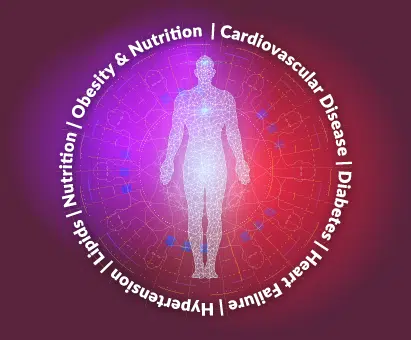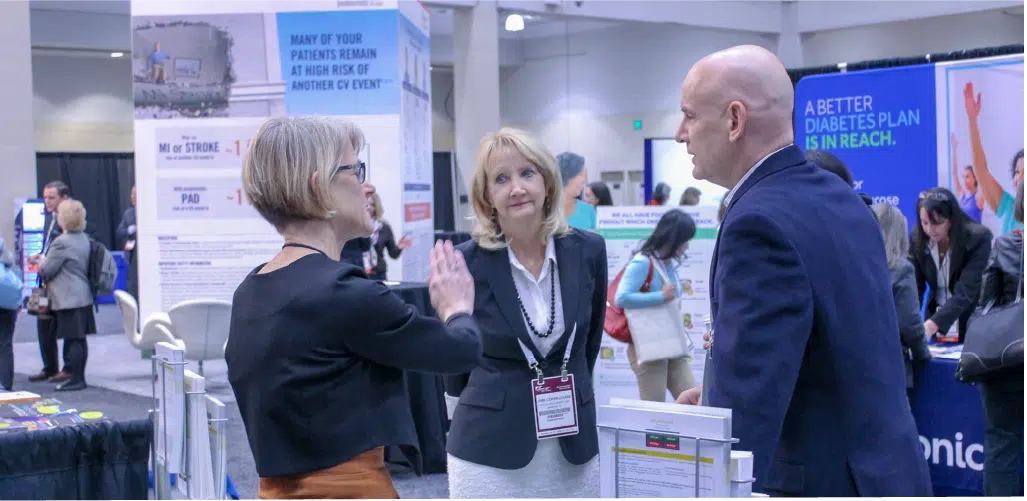WHAT ISCARDIOMETOBOLIC MEDICINE?
The history of cardiometabolic medicine
The concept of an overlap between metabolic health issues and cardiovascular disease (CVD) dates back to the 1940s, but the term “metabolic syndrome” was formally introduced by Gerald Reaven when he appeared in New Orleans in 1988 to deliver the American Diabetes Association’s prestigious Banting Lecture. The legendary message he delivered is known in the cardiometabolic industry as a flagstone event for the concept of insulin resistance as an underlying common factor driving associated cardiovascular risk.
Cardiometabolic medicine is the future of health care
Astute providers know that the worldwide prevalence of obesity, metabolic syndrome, type 2 diabetes, cardiovascular disease, chronic kidney disease, nonalcoholic fatty liver disease, and others exist in a complex web and not isolated silos. The clinical complexity of cardiometabolic diseases and risk factors necessitate a new medical focus that goes beyond traditional medical boundaries. Multidisciplinary training in the interrelationship of lifestyle, pharmacotherapy, and integrative medicine will require a reimagining of the traditional models of care and how physicians are educated.
The demand outweighs the available training
Newer specialties in obesity medicine and preventative cardiology approaches exist, but they aren’t widely available or as all-encompassing as Cardiometabolic Medicine. Despite the fact that nearly 900 physicians took the exam for Obesity Medicine in 2019, only about 10 formal training programs exist in the U.S. A similarly small number of training programs exist in innovate programs for preventive cardiology, clinical lipidology, hypertension, and diabetes. Most providers who receive specialty certification in these areas do so through “self-directed practice experience and various continuing medical education formats.”
The experts call for a Cardiometabolic Medicine specialty
Investigators in a 2020 article published in the Journal of Clinical Endocrinology and Metabolism write, “As evidence for the broad cardiovascular benefits of pharmacologic approaches in the cardiometabolic disease space grows, including treatments of obesity, T2DM, and dyslipidemia, the traditional silos within which medicine subspecialties have existed for decades begin to blur.”
In 2021, researchers published an article in Physician’s Weekly, proposing that medical students interested in pursuing a cardiometabolic medicine specialty complete a “dedicated 2- to 3-year fellowship following internal medicine residency, a 1-year fellowship following either internal medicine residency or fellowship in cardiology or endocrinology, and certification available to any interested clinician.”
The role of CMHC and our partners
The leaders at Cardiometabolic Health Congress (CMHC) have created an organization whose mission is to educate practitioners of ALL medical subspecialties about the interrelatedness of cardiometabolic risk factors. Until a formal Cardiometabolic Medicine specialty is recognized and comprehensive training is available for students beginning in medical school, CMHC and our partners will fill the rapidly increasing gap between patients’ needs and available clinical education.









